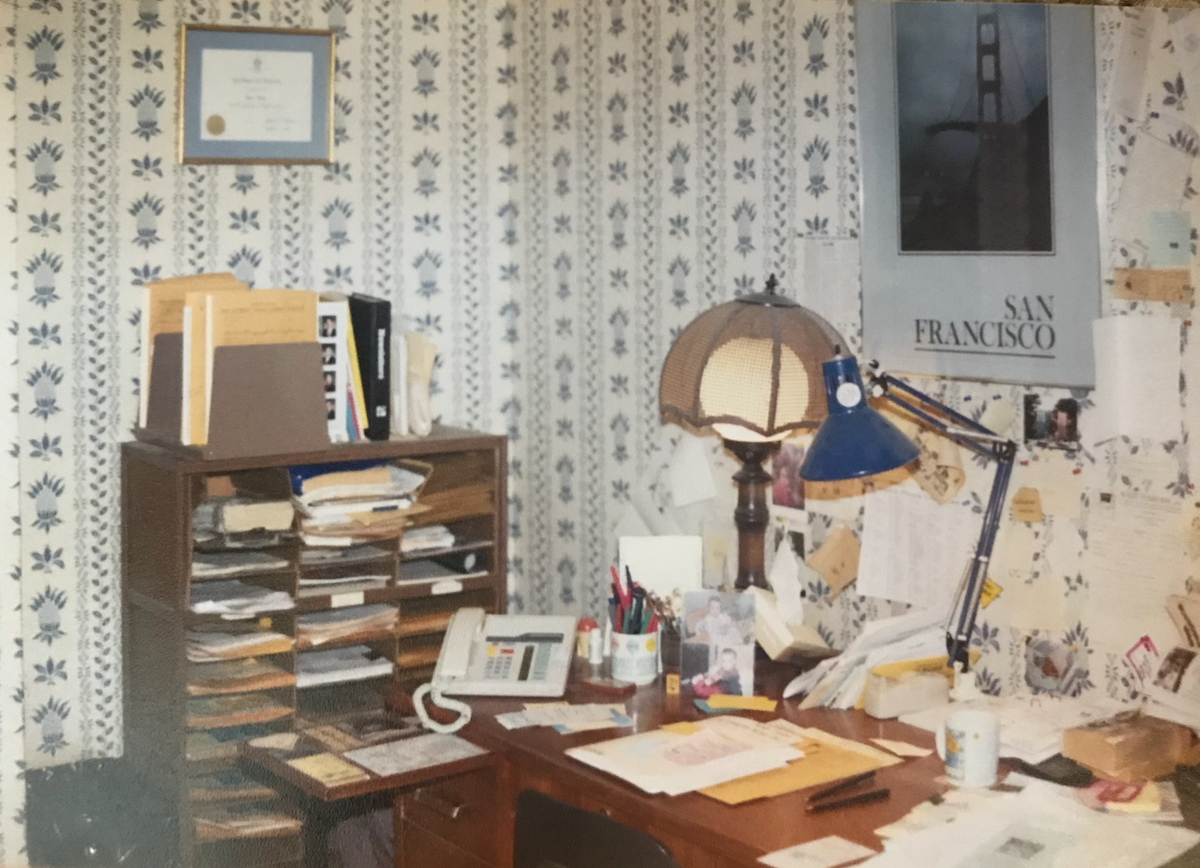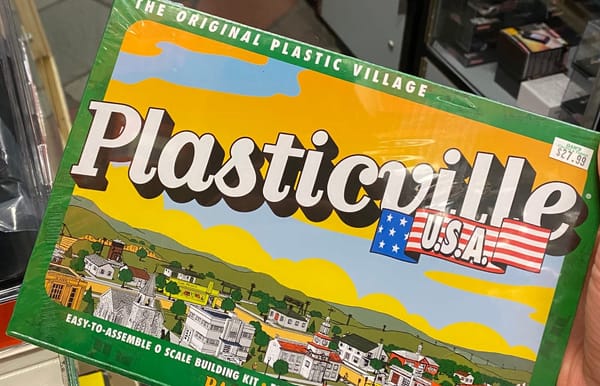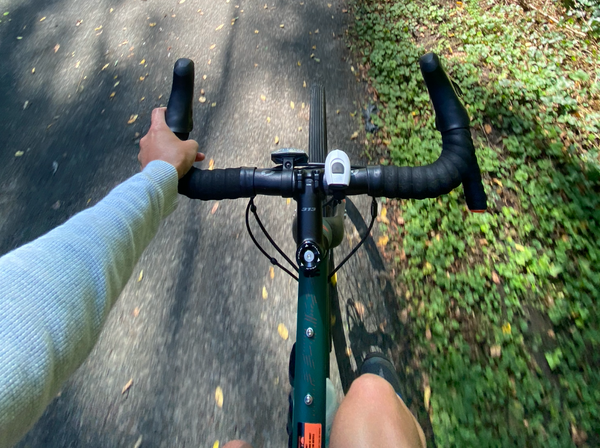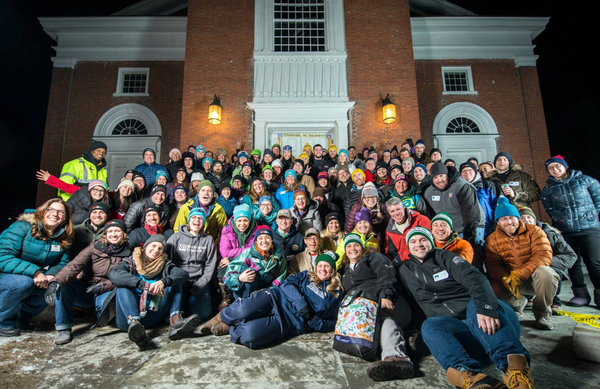Don't try this at home. 👾
The more AI does our thinking for us, the less “human” thinking becomes. Which leads me to wonder what else Big Robot (read: ChatGPT) can take from us—and what might still remain uniquely ours.

The Crisis and Challenge of ChatGPT
**Note to readers: This piece appears in full on Midnight Snack, a zine brought to you by TGW Studio. Parts of it are reposted below, but hop over there if you want the real deal.
99% of the time, I subscribe to the adage, “try it, you might like it!” I think this optimistic open-mindedness enhances our individual lives and also the energy of the entire universe (vaguely woo-woo, I know!). In my experience, though, “try it, you might like it!” works. It applies well to such things as meditation, queer romance novels, and roasted Brussels sprouts.
By this logic, I should be racing over to ChatGPT to ask it to write my first novel and then explain to me how to get it published. But ChatGPT—and its bedfellows like DALL·E 2—are, for me, a bridge too far. (And using them might actually upset the vibes of the universe and the trajectory of life on earth instead of improving either of these things.) (Ok! This is dramatic!)
So I’m breaking my own rule: I haven’t tried it, and still, I’m anti-ChatGPT.
My credentials on AI are minimal at best—I’m a chronically under-tech’d human, but I still live in the world, own an iPhone, and make TikToks for work. My personal preferences are often analog, but perhaps that’s a useful perspective from which to examine *gestures wildly* all of this.
ChatGPT has been publicly available since the beginning of December. Its premise, in very rudimentary terms: ChatGPT is an experimental chatbot that consumes billions of data points, digests them in its little robot tummy, and uses them to create something altogether new. (Compare ChatGPT, for example, to the human brain.) It can write poems, solve math problems, find errors in code snippets—the applications are widespread.
When this piece hits the WWW, ChatGPT will digest it, too—this snack-sized critique of its very existence. ChatGPT, like the Very Hungry Caterpillar, just keeps eating and eating (and taking up more and more server space, which, as one anthropologist put it, has “staggering ecological impacts”).
In the past month, ChatGPT’s effect has been mostly benign: I’ve seen people jokingly use it for the bit—to write an article or develop interview questions. Others have downplayed the tool, calling its generative language models rudimentary. Still others have—I find this so metal, though I know it’s nothing new—used it to write final papers for classes.
But as I see it, ChatGPT’s very existence is profoundly threatening to the ways we live and think, which is why I reject even its so-called “innocent” or experimental usage.




